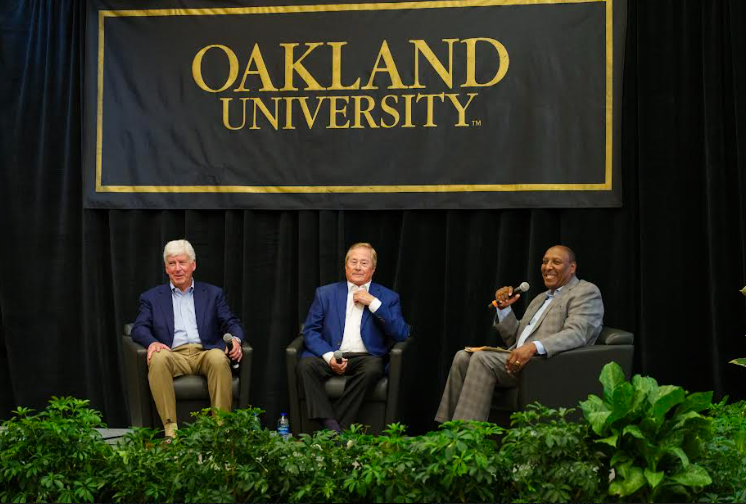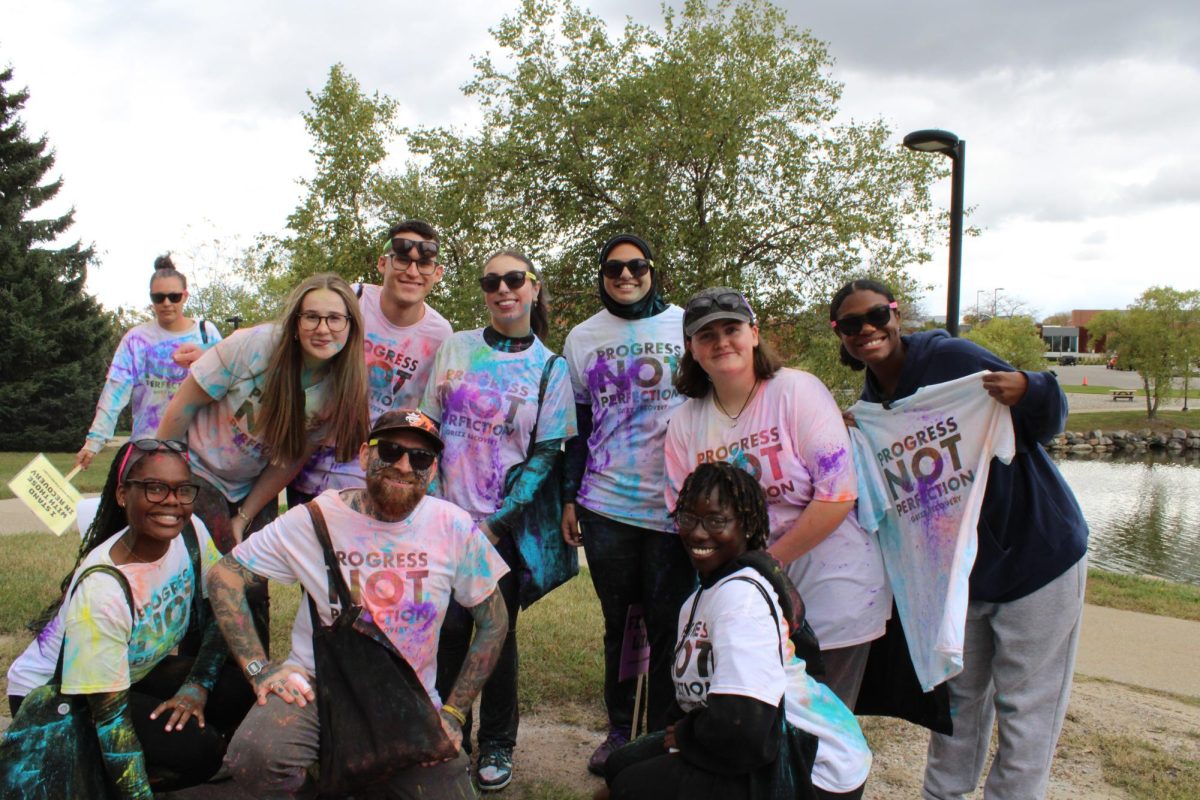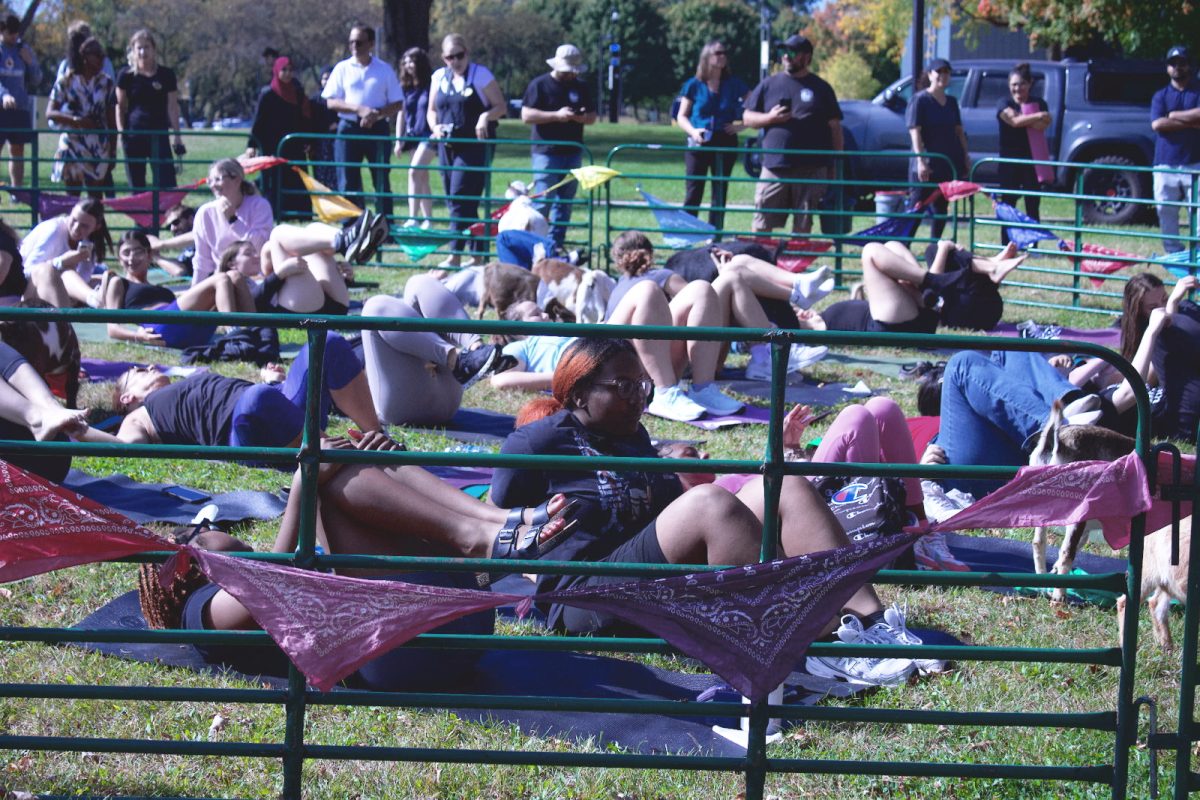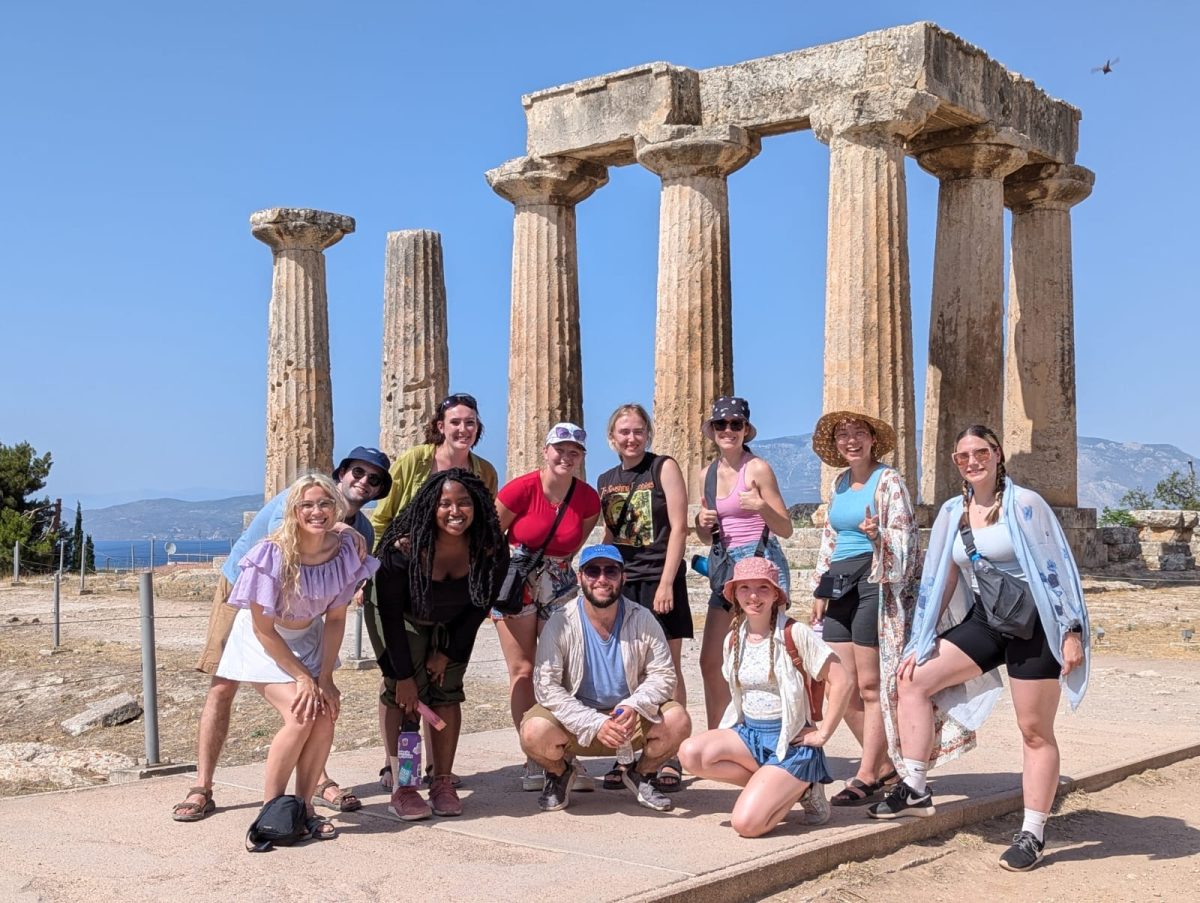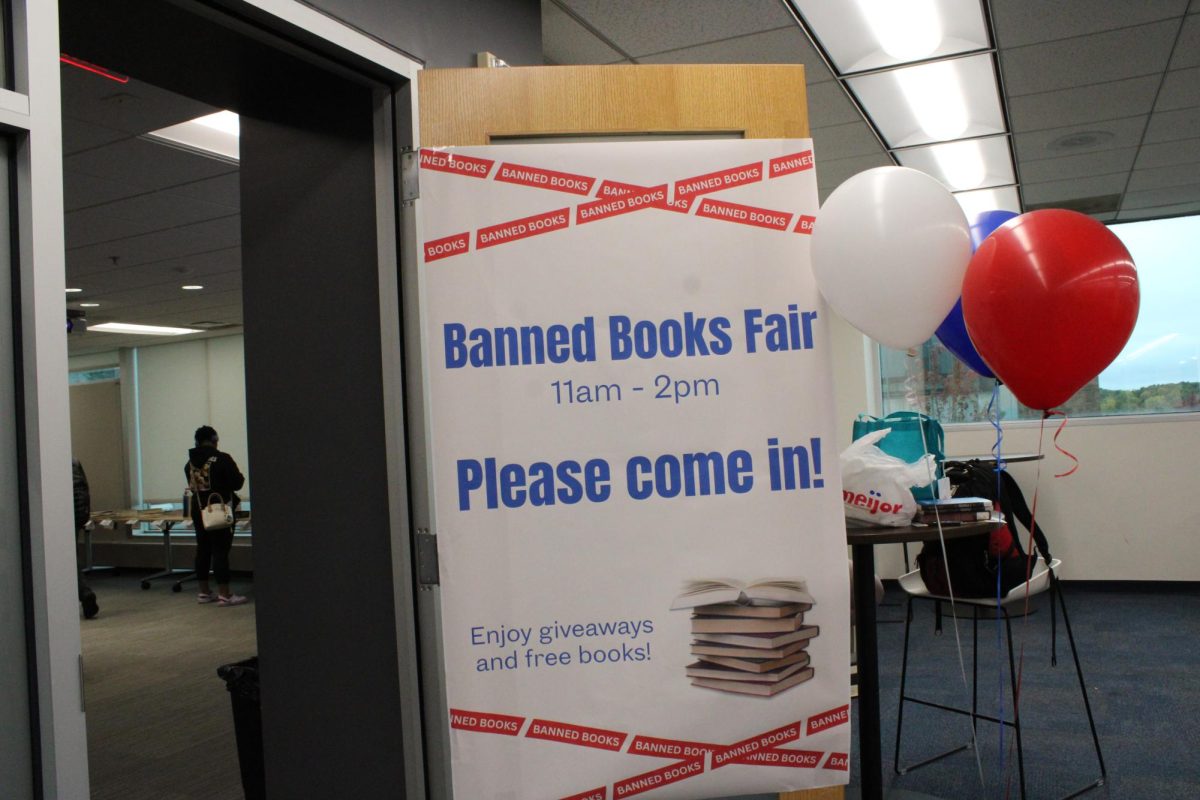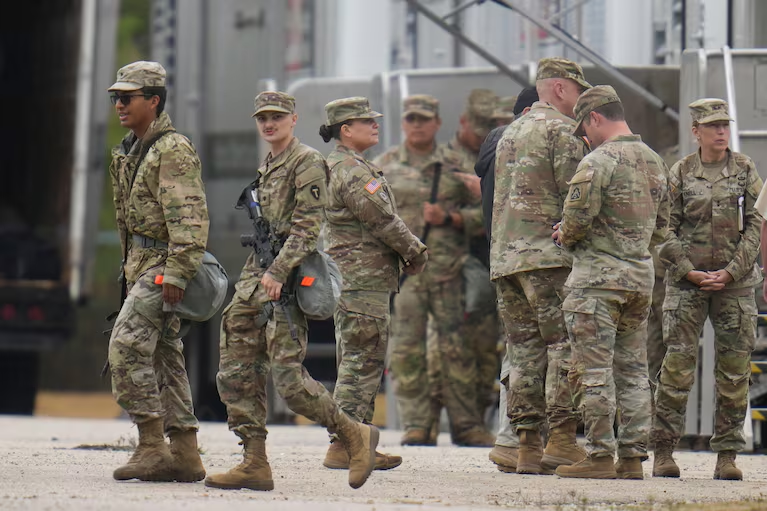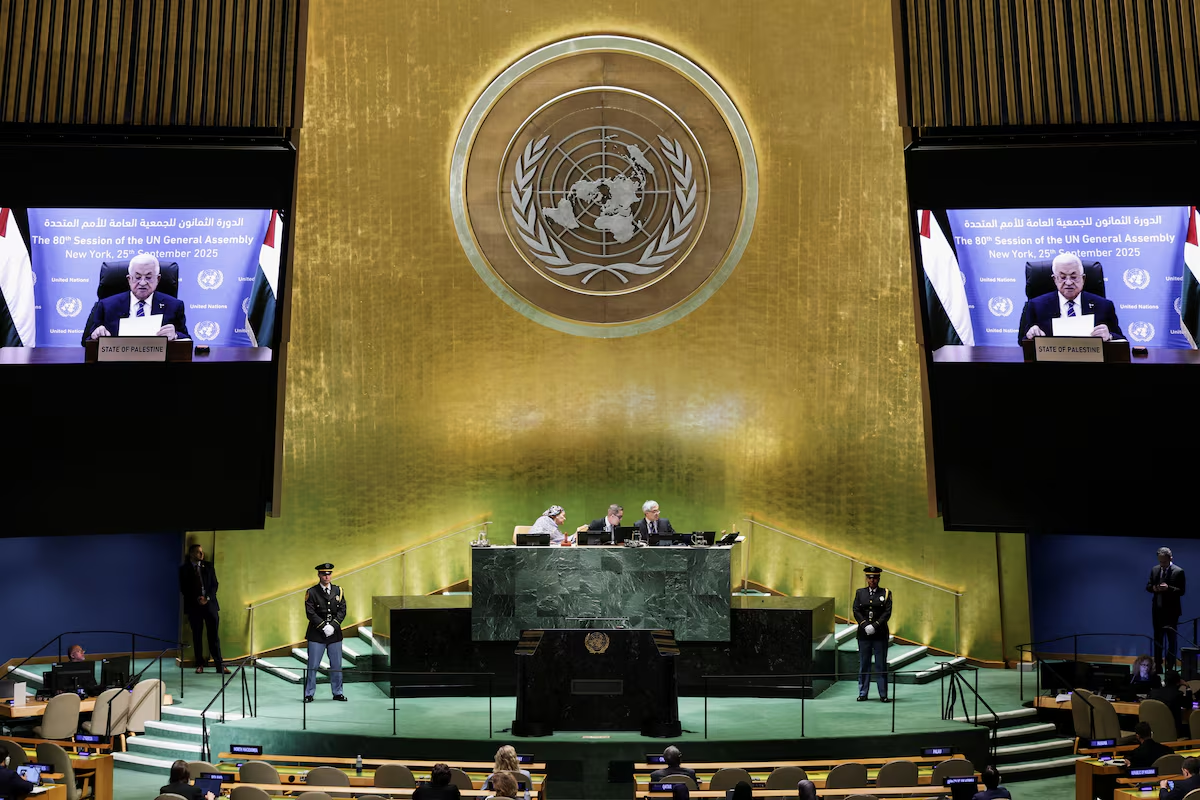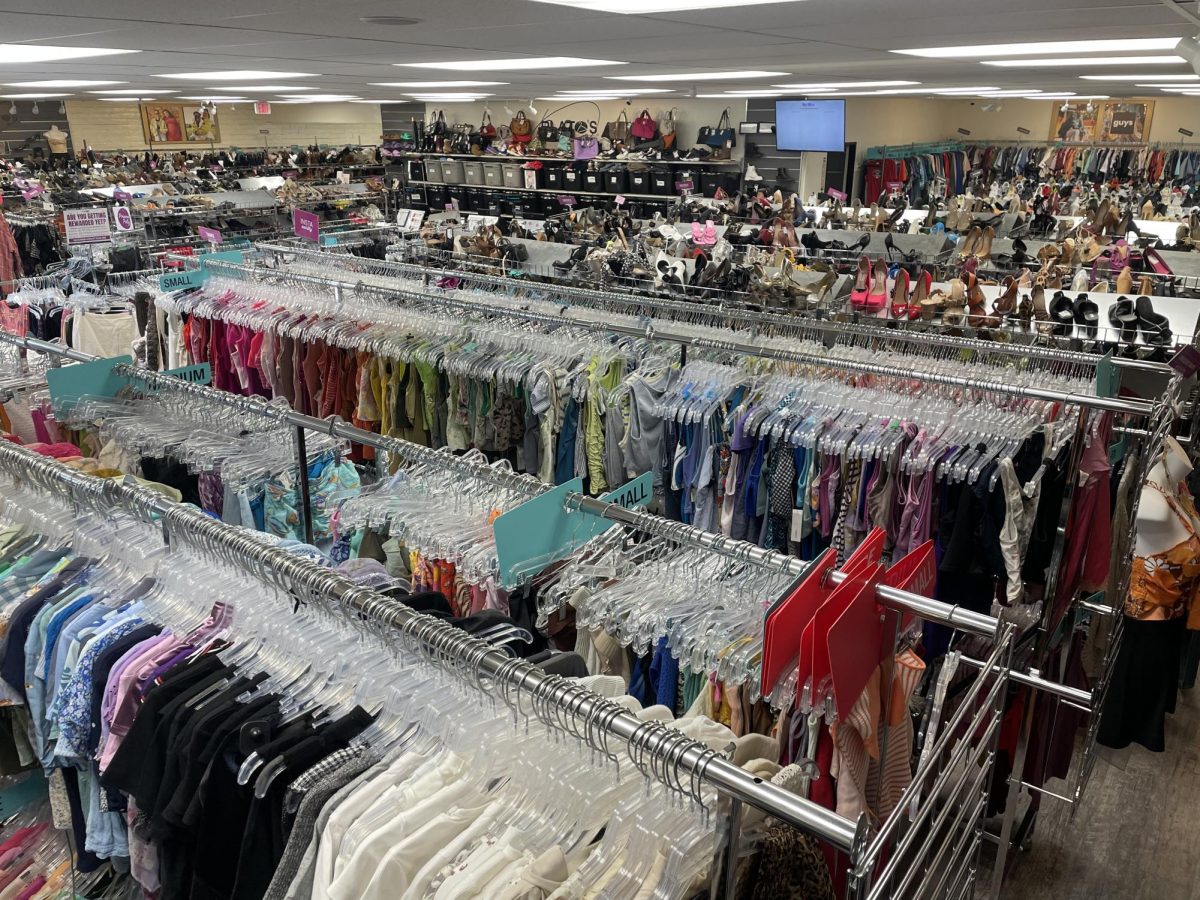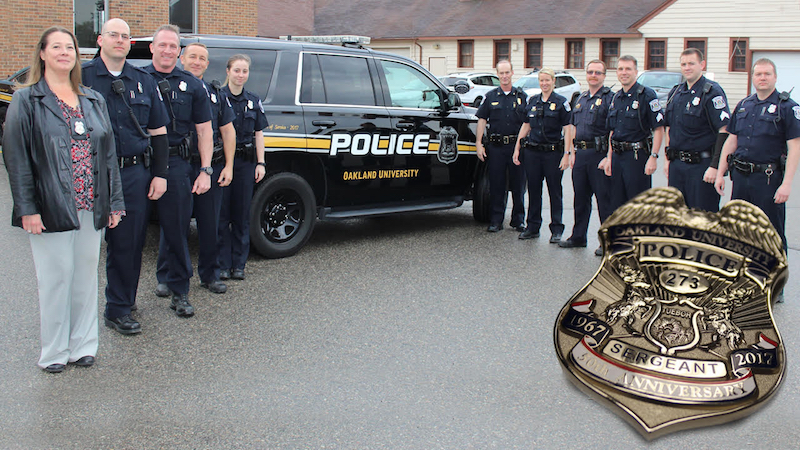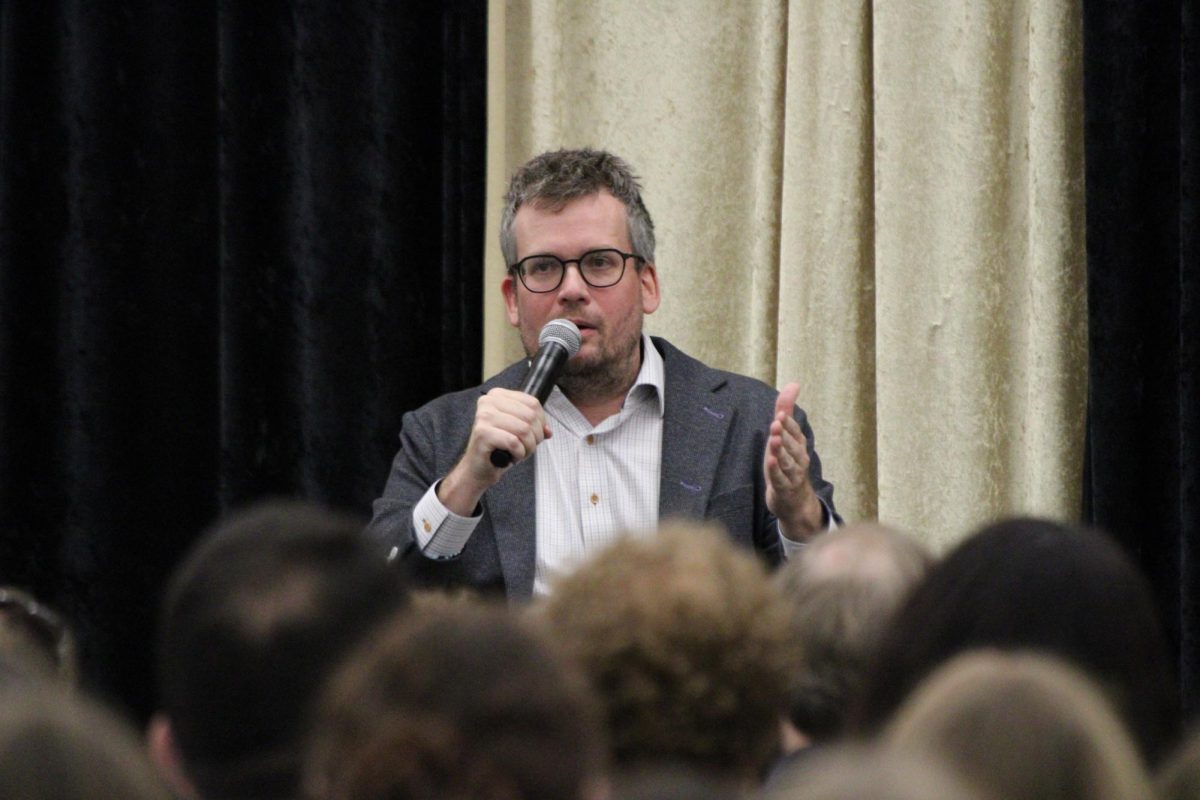On Monday, Sept. 18, The Center for Civic Engagement (CCE) hosted former Governors Rick Snyder and James Blanchard at the inaugural event in The Dennis Muchmore Public Policy Series, “Breaking the Barrier: The Importance of Civility and Improving Political Discourse.”
Moderated by Chuck Stokes of WXYZ-TV/Channel 7, the governors spoke at length about the current state of the American political landscape. Their comments are as follows:
Thoughts on the state of American politics today?
Gov. Blanchard: “What I watched on January 6 – people go there and trash the Capitol. Calling for hanging the Vice President and thinking of harming our police and convinced that we didn’t have a free and fair election – It was the most disheartening thing I had seen.
“Earlier in the year, I watched men basically go on our Capitol lawn in Lansing with assault weapons, claiming they’re boycotting or opposing the governor’s mask mandate and even going into the Capitol brandishing these weapons in the legislature. I thought, ‘Where are we? We are on a different planet, a different time.’”
Gov. Snyder: “The last several years I was governor in almost every talk I would give, I would include an addition talking about civility, and that hasn’t changed, I hate to say. Actually, it’s only gotten worse and I ask people, and I tell people, ‘What’s the greatest threat to the United States?’ The greatest threat to the United States is us. If you just step back and look at it.
“We’re fortunate we live in the greatest country in the world. It’s incredible. But how can you maintain that status if you can’t get along with yourself? You simply can’t. It doesn’t work, folks. So something does have to change. And then when you step back and look at it, think about how we behave in politics and when I say we, all of us collectively. And then think about how we behave with our family and the rest of our lives. And ask yourself the question, how can we behave like this in this sphere, that we’d never accept, we’d never tolerate in our family or with our friends? But somehow it’s okay. We need to step back and put things in perspective and look at it in that context.”
What is the cause of political discourse?
Gov. Blanchard: “I remember in 1979 when a young member of Congress named Newt Gingrich took the Florida houses and began demonizing everybody — his own leadership, Bob Michel, who was the leader. And he was using this after hours when no one was on the floor of the house, it was on closed-circuit, it was on cable TV – C-SPAN, demonizing everyone and everybody and calling them criminals, and cowards, and pathetic. The rhetoric changed radically in Washington at that point. You can read books about burning down the house or the destructions, and you’ll see the tone really changed there in Congress, and it got more and more negative.
“You add to that — cable TV where everybody can self-select what they want. The abolition of the Fairness Doctrine in the FCC, we’re going to need some version of the Fairness Doctrine going forward. That’s important. The Supreme Court allowing anonymous, unlimited contributions to campaigns by corporations or organizations instead of limiting it to individuals. So, between the runaway campaign money — which is used to demonize each side — the lack of the Fairness Doctrine, and then social media — they make a fortune through their algorithms, telling people what they want to hear. And oftentimes, it’s the worst things about the worst people.”
Gov. Snyder: “In my view, social media has been an incredible thing connecting us in ways we weren’t able to connect before. But how many people do you know, and if I ask this audience, I’m sure you can name people that write things, type things on social media that they would never say to someone’s face. So social media is part of this, and then the people feeding on itself, this whole cycle of social media, that flywheel effect in a negative context really grows in praise momentum that has no correlation to reality or facts. I think the media side of things, and again — it’s not a criticism of people in the media because citizens have brought this on — we’ve asked for it. And it goes back to cable, streaming, all this — people now watch the media sources that reinforce what they want to hear.”
How can citizens create more civility?
Gov. Blanchard: “The one thing we can all do is be involved locally on improving our communities and getting to know each other, and that’s where, you know, it’s not ideology anymore. It’s better schools, it’s better streets, it’s better recreation, it’s better senior living, whatever it is. Getting people more involved locally, young people love to be involved locally as well.”
Gov. Snyder: “The local thing is a great way to start because it’s right in front of you. And you’re talking to people, you’re not just typing to them, you’re not just in front of them, they’re your friends, your neighbors. So I think locally is one of the best ways.”
How can a better relationship between the executive and legislative branches be established?
Gov. Blanchard: “One of the issues is civic awareness. I’m chairman of the National Archives Foundation, it’s a nonprofit that supports the archives. We help raise resources and give them money on their exhibitions because it’s a museum as well as archives. And we are — along with a lot of other groups, are trying to organize a national campaign that deals with civic responsibility and not just the teaching of government. Which is not done enough places, and when it’s done, not done very well. So that people do understand that we actually have three branches of government, and they do need to work together or things don’t get done, and how that works, how sausage is made.”
Gov. Snyder: “I think a lot of it is — and I had to learn a lot of this because I’ve never held public office until I became governor and I had a Republican legislature all eight years I was there. But a lot of it is learning that you’re just not telling people what to do. You have to listen to the legislators and legislators are good, smart people. They mean well from both sides of the aisle and a lot of it is again, not looking at it as binary, it wasn’t win-lose. How do we win together? How do you compromise? In many cases, I would go — say we’d go ask for something and they say you’re not gonna get it. Okay, well, what can I get and what do you need to help make sure this works well? And as long as it’s in the best interest of everyone, it makes sense. That’s good governing.”
Will the U.S. Constitution hold?
Gov. Blanchard: “Yes, it’s gonna be important for all of us to support our election officials. They have a very tough job. All those people volunteered, every city and county clerk’s office, township clerk, they need our support and our understanding and they need to be respected and not demonized because they’re all in the system together. Definitely, the Constitution will hold.”
Gov. Snyder: “Yes, the U.S. Constitution is a fundamental bedrock of who we are. And for people not caring, not participating, if the U.S. Constitution becomes the line, we all have to stand up as Americans, forget what party label you got. We got to be Americans when it comes to the Constitution.”
Protests took place before and after the event, which faced controversy due to the inclusion of Governor Rick Snyder. Political reporter Noah Thomason addresses the protestors’ thoughts in his article, “OU community reacts to Governor Snyder’s inclusion in civility panel.”



